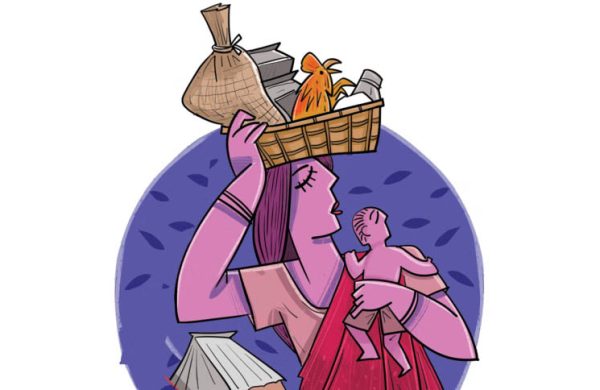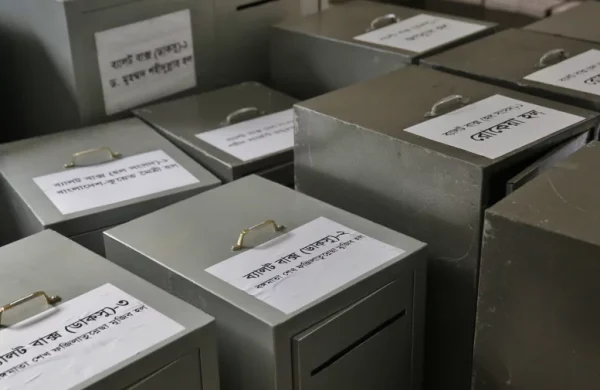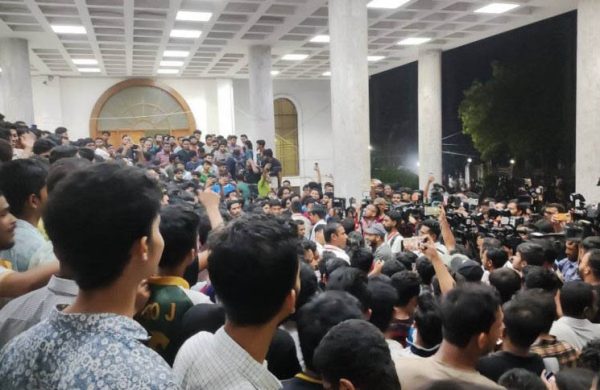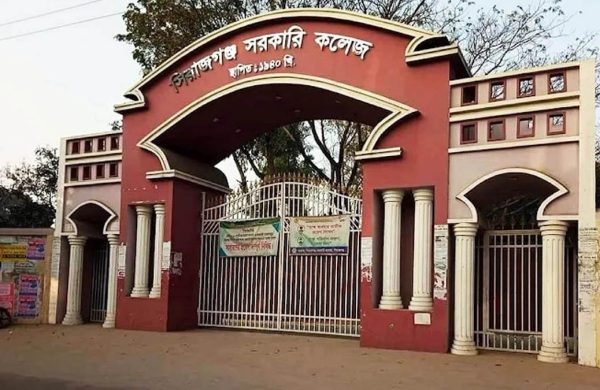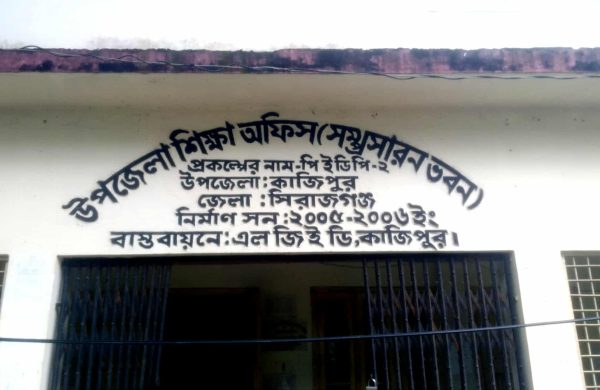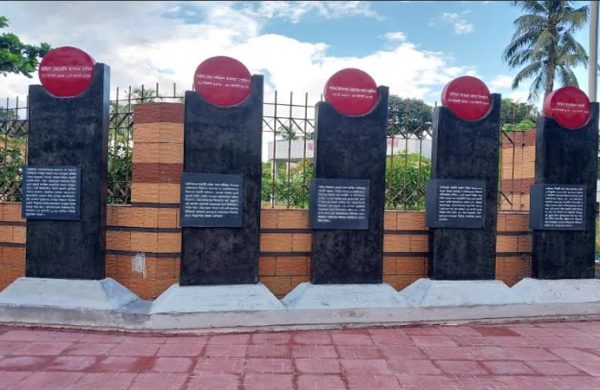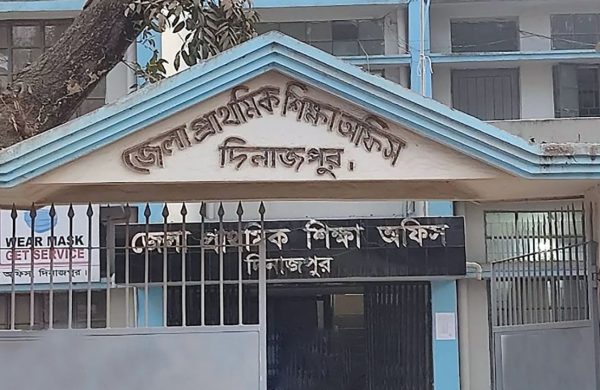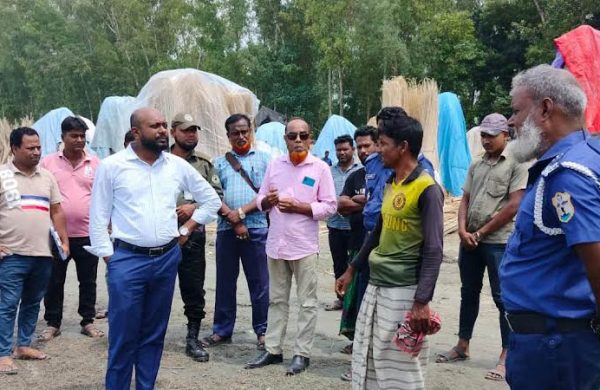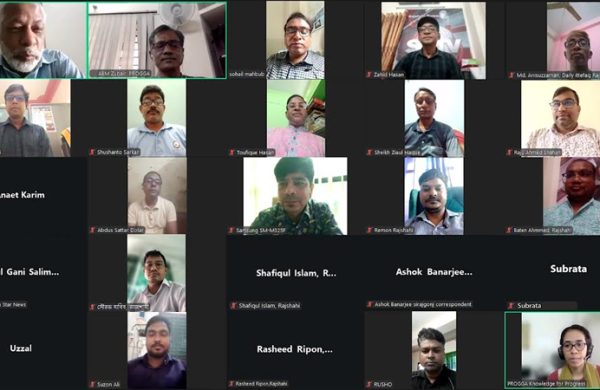South Asia regime changes: Sri Lanka in July, Bangladesh in August, Nepal in Sept – Who’s Next in October?
- Update Time : Wednesday, September 10, 2025
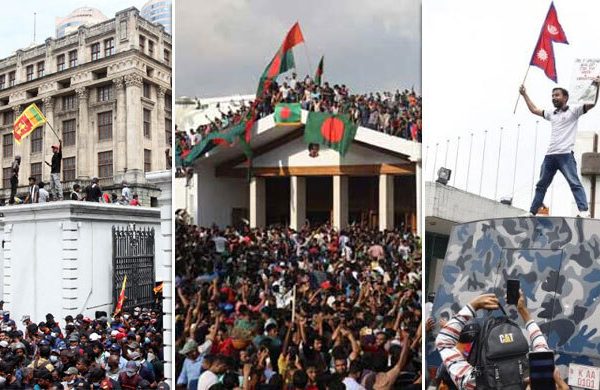
TDS Desk:
In a region long defined by political instability, South Asia has entered a new era of youth-led upheaval — one that follows a chillingly precise rhythm. July, August, September: each month, a nation. Each month, a leader toppled. And now, as October looms, a haunting question echoes across the subcontinent: Who’s next?
The pattern is uncanny.
Sri Lanka fell in July 2022.
Bangladesh collapsed in August 2024.
Nepal’s government was overthrown in September 2025.
Coincidence? Or is this a calendarical revolution—a youth-driven domino effect marching relentlessly through time?
At the heart of each collapse: Gen Z. Armed not with weapons, but with smartphones, slogans, and an unshakable demand for dignity. This is not just protest. This is a regional reckoning.
JULY 2022: SRI LANKA – THE FALL OF THE RAJAPAKSAS
It began in Colombo. Sri Lanka, once a regional economic model, was drowning in debt, darkness, and despair. Inflation hit 60%. Fuel lines stretched for miles. Hospitals ran out of medicine. The currency collapsed.
AT THE TOP: the Rajapaksa dynasty. President Gotabaya Rajapaksa, a former defense chief, ruled with near-dictatorial power. His brother, Mahinda, served as Prime Minister, both symbols of corruption and nepotism.
But the people had had enough.
From March 2022, mass protests erupted. Students, professionals, artists, and laborers united under the cry: “Gota Go Home!” A sprawling protest camp, dubbed Gota Go Gama, sprang up outside the Presidential Palace.
When security forces cracked down, tear-gassing crowds, beating demonstrators, and allegedly enabling attacks by pro-government mobs, the anger only deepened.
On July 9, 2022, history was made. Protesters stormed the Presidential residence. They swam in the pool, sat in the president’s chair, and livestreamed the end of an era. That night, Gotabaya fled to the Maldives, then to Singapore. He resigned days later.
Ranil Wickremesinghe, sworn in as caretaker, inherited a nation in ruins—and a warning: the people are watching.
AUGUST 2024: BANGLADESH – THE END OF THE HASINA ERA
Fifteen years in power. Four controversial elections. And then, in a matter of weeks, it all unraveled.
Sheikh Hasina’s downfall began not with a coup, but with a student protest. In July 2024, the Supreme Court reinstated a 30% job quota for relatives of 1971 Liberation War veterans, sparking fury among young job seekers.
The government responded with brutal force. Security forces opened fire. At least 1,400 protesters were killed in what became known as the July Massacre. But the bloodshed backfired.
Instead of silencing dissent, it ignited a national firestorm. The movement grew beyond quotas, into a full-scale demand for regime change.
By early August, the capital, Dhaka, was paralyzed. On August 4, Hasina reportedly ordered the military to crush the uprising. But the army refused.
The final blow came from within her own family. On August 5, her son, Sajeeb Wazed Joy, urged her to step down. That night, she fled by helicopter to India.
The next day, Army Chief General Waker-uz-Zaman confirmed her resignation. Parliament was dissolved. By August 8, Nobel laureate Dr Muhammad Yunus was sworn in as head of an interim government.
Hasina remains in exile. In Bangladesh, her legacy is now debated not in terms of development, but of democracy.
SEPTEMBER 2025: NEPAL – THE GEN Z REBELLION
Just a year after Bangladesh’s fall, Nepal exploded.
Prime Minister KP Sharma Oli, returned to power in July 2024, quickly alienated the youth. But his fatal mistake came in late August 2025: a nationwide ban on Facebook, Instagram, TikTok, and 20 other platforms.
For a generation that lives online, it was a declaration of war.
On September 8, students poured into the streets—many in school uniforms, holding books, chanting “We study, we resist!” The movement, dubbed the Gen Z Rebellion, spread like wildfire.
Security forces responded with rubber bullets and live rounds. At least 19 were killed. But when videos of police brutality went viral, even state-aligned media turned.
That night, protesters set fire to the Parliament building. Homes of top leaders were attacked. The Home Minister resigned. Then the Water Minister.
By September 9, Oli was cornered. With opposition leaders and coalition partners withdrawing support, he announced his resignation in a pre-dawn statement. He has not been seen since—rumored to be preparing a private jet escape to Dubai.
OCTOBER 2025: WHO’S NEXT?
The pattern is clear:
July – Sri Lanka
August – Bangladesh
September – Nepal
Now, October approaches.
Is this just a string of unrelated crises? Or has a new political rhythm emerged—one where youth, technology, and economic despair converge every 30 days to topple power?
Analysts are watching closely. India? Pakistan? The Maldives? Any nation where inequality grows, dissent is silenced, and leaders ignore the youth—could be next.
One thing is certain: the age of untouchable leaders is over.


